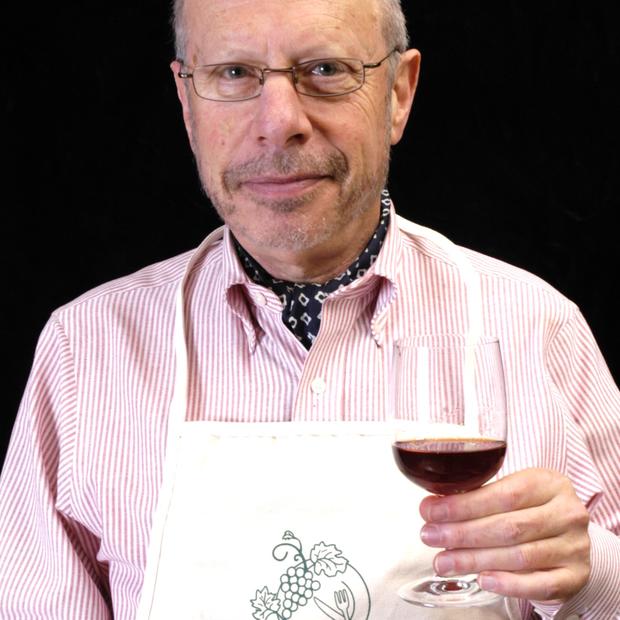Costco, headquartered in Issaquah, offers tremendous discounts on clothing, electronics, and food (it's the third-largest grocery chain in the country, behind Wal-Mart and Kroger), so it's frustrating to Costco managers that they can't provide similar discounts on sales of wine and beer, let alone hard liquor, to customers in their home state.
The trouble is the firmly entrenched, mutually supportive, state-run liquor establishment, starting with the Washington State Liquor Control Board itself, its employees, the landlords of its 300-plus stores, and the entire cumbersome apparatus of wholesalers and distributors who feed on its arcane and byzantine structure.
The liquor board, all parties agree, is a relic of Prohibition, part of the "local control" concept that allowed states of all persuasions to vote for Repeal. On the one hand, its mandate is to control the sale of alcohol by restricting distribution, establishing uniform prices, and limiting the number of outlets. On the other hand, it's both an employer (all those liquor store workers) and a tax collector.
Costco tried three years ago to challenge the current system in the courts but lost. Bills surface periodically to dump the state system; one such proposal didn't make it out of committee in the recent legislative session. So now there's a new proposal, Initiative 1100, that would put the question of the state's involvement in liquor sales on the November ballot.
Will the tea-partiers support the initiative? They should, if they're in favor of more efficient government, of less government interference in our daily lives. They won't, however, if opponents frame the debate as a public safety issue (more problems for law enforcement due to increased consumption of alcohol). The state's own analysis comes down on the side of privatizing the Liquor Board, even if the results are revenue-neutral, on the basis that the Liquor Board's operation isn't a core function of government.
The neo-prohibitionists will scream; that's their job. Look for testimony from the UW's Alcohol & Drug Abuse Institute, and especially from Dr. Ann Streissguth, author of numerous studies on fetal alcohol syndrome, bewailing the dangers of access to booze. (Streissguth's initiative is responsible for the warning signs that pregnant women shouldn't drink.)
For Costco to succeed, it needs to look at California (hard liquor sales in mom & pop grocery stores mean increased revenues for small businesses) as well as Vermont (no liquor taxes at all, without increases in per-capita consumption).
All this assumes that I-1100 supporters will round up enough signatures, and that two competing initiatives won't. Costco will supply the manpower: Employees in 26 stores around the state will collect signatures, hoping to come up with 240,000 names by July 2. Then the real debate can begin.


